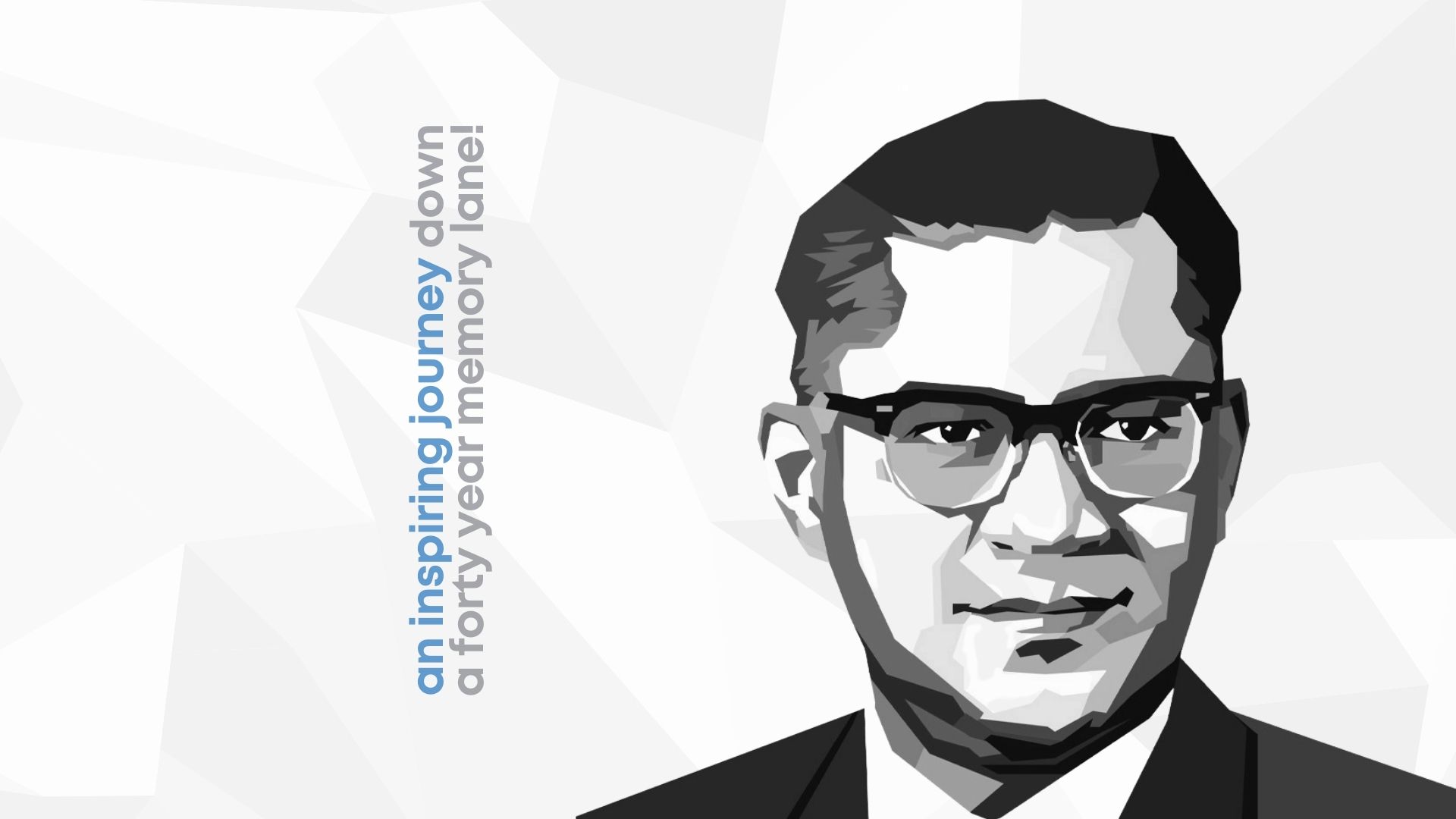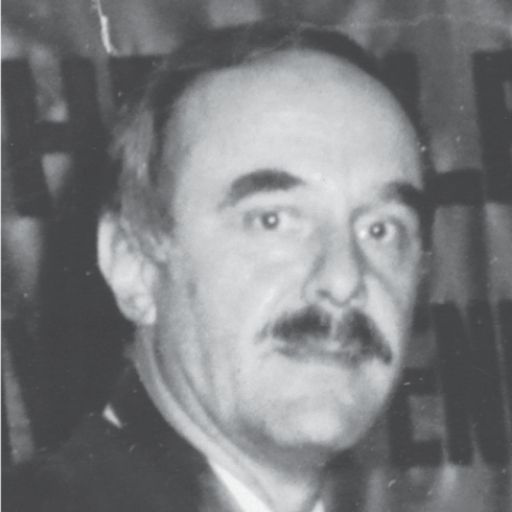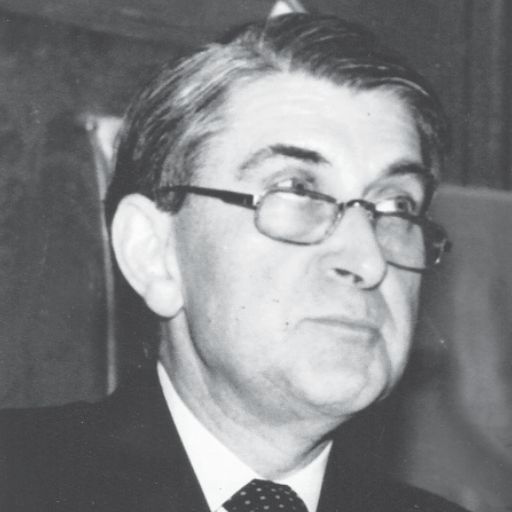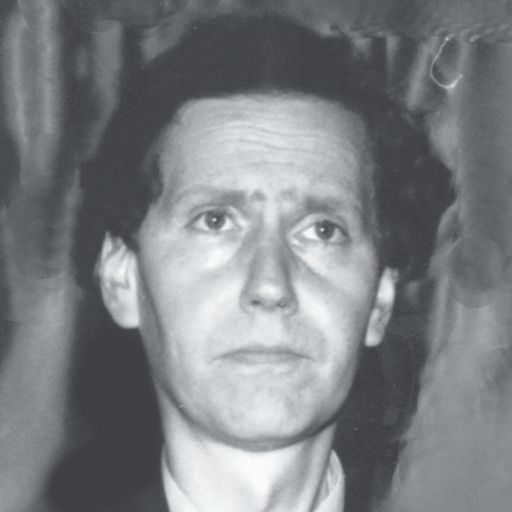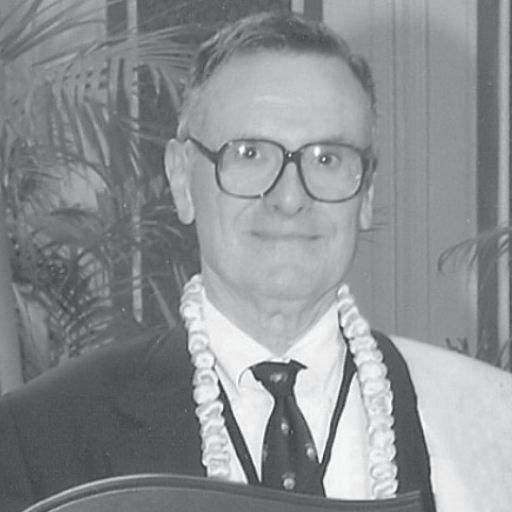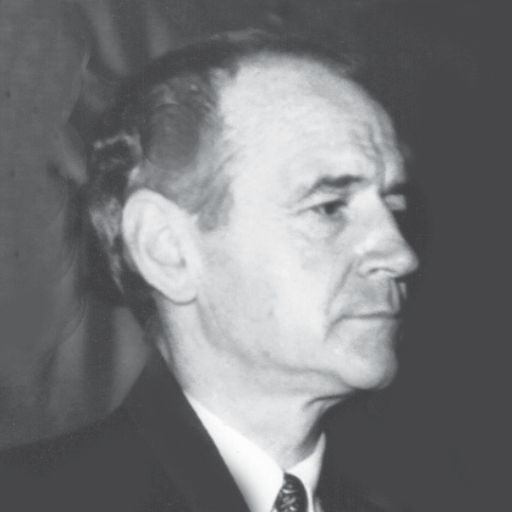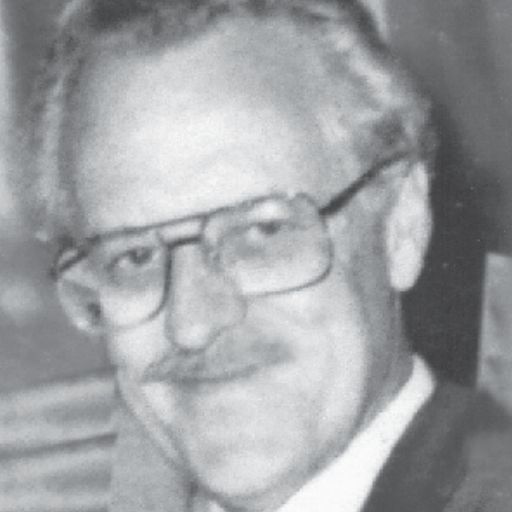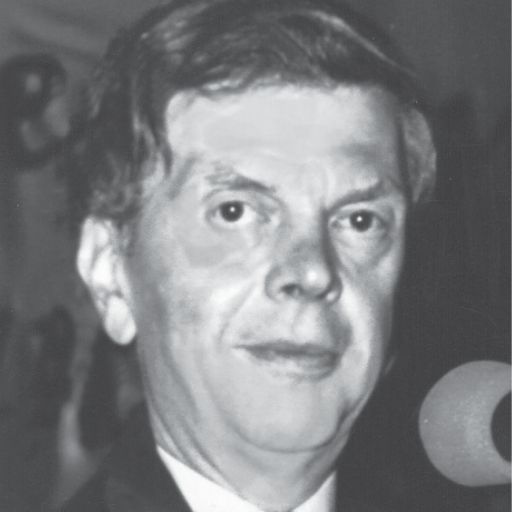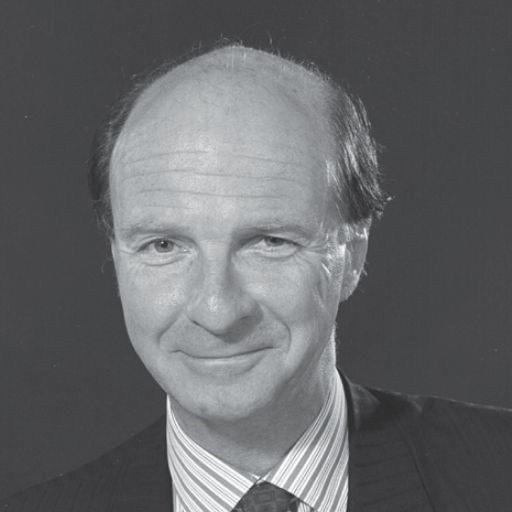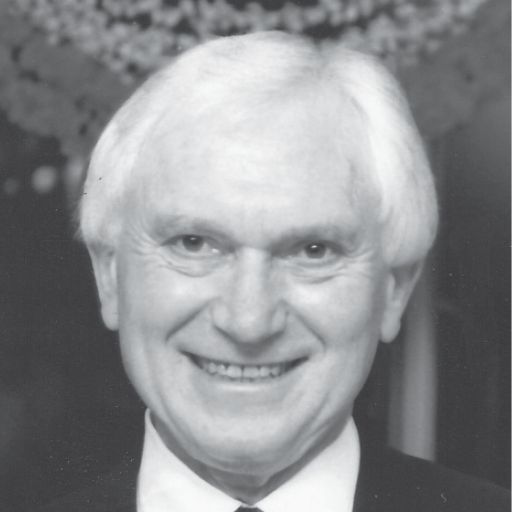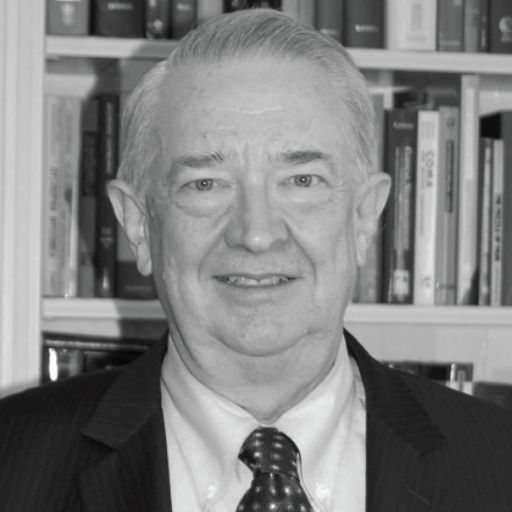1998

Year 18
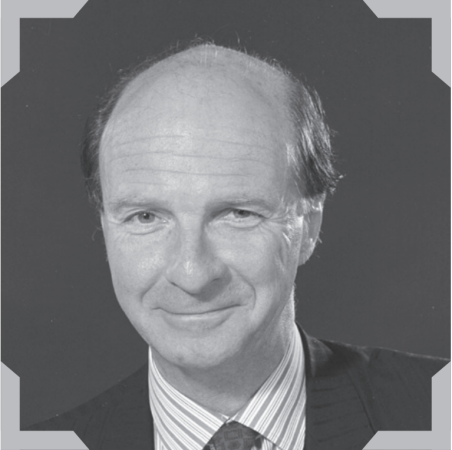
Prof. Michael R. Trimble
Raymond Way Professor of Behavioural Neurology,
Institute of Neurology, Queen Square, London, United Kingdom
THEME: TOWARDS A NEUROPSYCHIATRIC THEORY OF LITERARY CREATIVITY
One of the highest achievements of the human brain, and hence of human culture, has
been the development of language and the constant endeavour to improve
communication skills between the members of this species. In this process, the expression
of emotion through verbal intentions has lead to creative writing, perhaps with its most
powerful expression in the form of poetry. Neuropsychiatric illness is positively associated
with creative expression. The creation of poetry with its musical and prosodic intonations is
most prominently associated with bipolar affective disorder. On the other hand, the
development of creative writing, especially the creation of poetic verses, is antithetical to
the epileptic personality as a survey of Western literature, in search of the epileptic creative
writer, reveals. Here we have a paradox, as hypergraphia, which refers to the syndrome in
which the epilepsy patient puts out a voluminous amount of written material, often in a
seemingly compulsive manner, does not in any manner approach creative writing.
